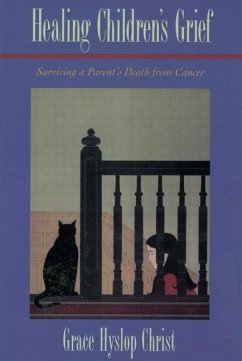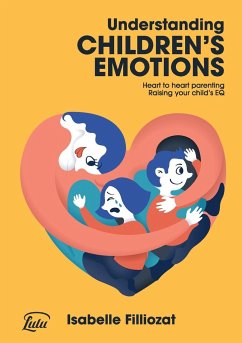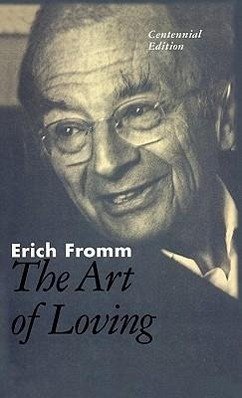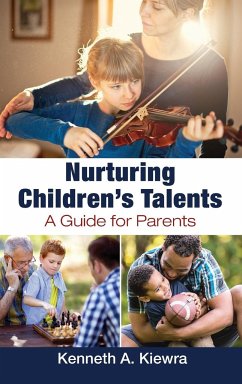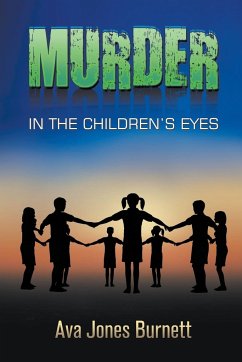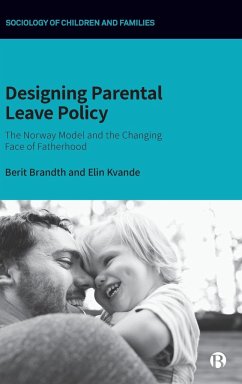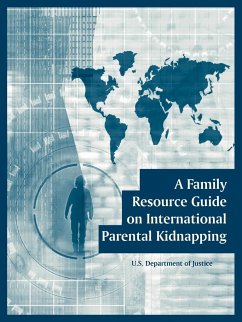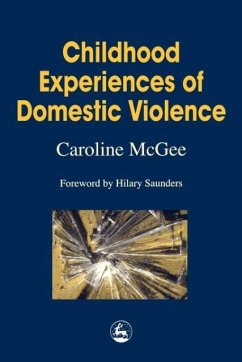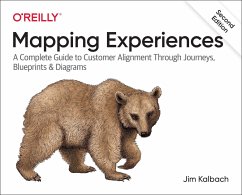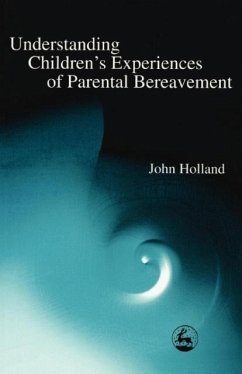
Understanding Children's Experiences of Parental Bereavement
Versandkostenfrei!
Versandfertig in 1-2 Wochen
37,99 €
inkl. MwSt.

PAYBACK Punkte
19 °P sammeln!
Children experience death differently from adults and therefore need different kinds of help when they are bereaved. Understanding Children's Experiences of Parental Bereavement is a highly practical book for teachers and parents that explains how best to help and support a child whose parent or carer has died. The guidelines are based on the author's experience of work with child bereavement or loss, especially in schools, and of his research in this area. Project Iceberg involved adults who had been through the experience of bereavement while at school and looked retrospectively at the usefu...
Children experience death differently from adults and therefore need different kinds of help when they are bereaved. Understanding Children's Experiences of Parental Bereavement is a highly practical book for teachers and parents that explains how best to help and support a child whose parent or carer has died. The guidelines are based on the author's experience of work with child bereavement or loss, especially in schools, and of his research in this area. Project Iceberg involved adults who had been through the experience of bereavement while at school and looked retrospectively at the usefulness or otherwise of adult interventions at the time. The book includes discussion of such topics as funerals and the significance of rituals, as well as the importance of a careful transition back to school and of effective communication. As well as offering valuable insight into the impact of death on children, the author provides practical guidelines for how teachers and parents can better support children through the first stages of parental bereavement while they are at school.



